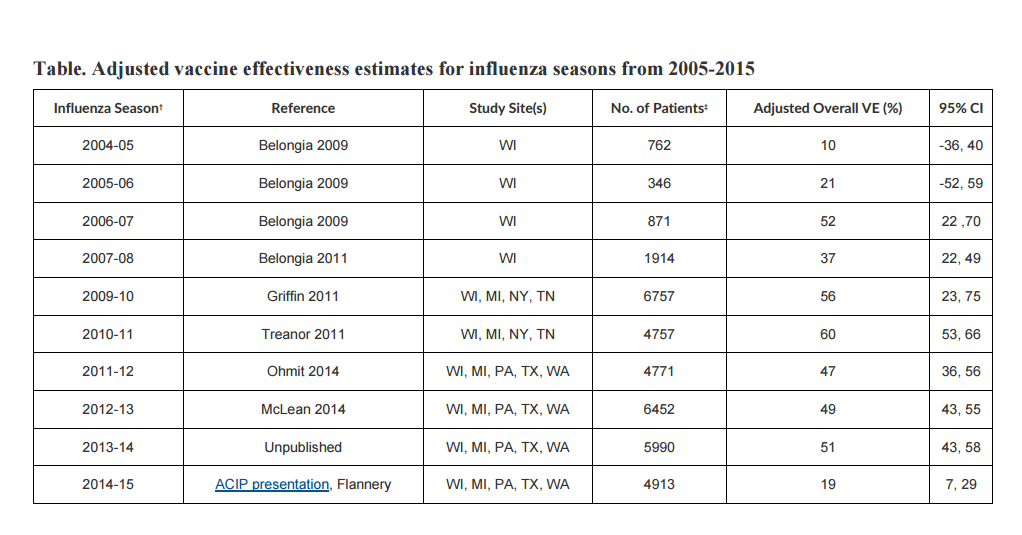Last year marked one of Canada’s worst flu seasons in decades, according to the Public Health Agency of Canada. With 606 deaths and more than 8,000 hospitalizations, the influenza vaccine available was of little to no help to those at high risk of getting sick.

As Provincial Health Officer Dr. Perry Kendall explains, last year’s vaccine was better designed to protect against the H1N1 and B strains of the influenza virus. Unfortunately, the prevalence of the H3N2 strain was overlooked, resulting in increased rates of illness by those who received a flu shot.
This season the vaccine is designed to protect against the H3N2 strain, as it is predicted it will once again be the prevalent influenza virus in B.C., Kendall further explains.
“There is indication that this year might be a predominately H3N2 season as it was last year. Last year’s vaccine was a very poor match. This year, we’re expecting about 30 to 40 per cent and maybe 50 per cent accuracy for the H3N2,” he says.
Kendall adds that the strength of each influenza virus varies throughout the season, and that strains predicted to become prevalent in later months are included in this year’s vaccine design.
“The latter half of the flu season is typically a B strain that circulates, and we’re anticipating a pretty good match against the B strain… plus, the vaccine also contains the H1N1. So if the H1N1 is co-circulating, you’ll have 65 per cent protection against that,” he says.
After a lack of efficacy in last year’s vaccine, it is yet to be determined how many Canadians plan to get this year’s flu shot. Although a 30 to 50 per cent effectiveness rate for H3N2 is below target, Kendall still encourages the elderly to get the vaccine, as H3N2 hits those over 65 particularly hard.
The Centre for Disease Control highlights that the effectiveness of influenza vaccines has varied from as high as 53 per cent in 2010/11 to as low as seven per cent last year.
Vaccine efficacy rates have only inched above 50 per cent once in the past decade, one year after Canada’s influenza pandemic of 2009. In light of last year’s oversight of the H3N2 virus, health officials remain hopeful this year’s vaccine will protect Canada’s most at-risk individuals.
Immunize BC says this season’s vaccine will be available province-wide by Nov. 2. At present, vaccinations are available at a number of public health clinics and pharmacies. An influenza clinic locator will be available at immunizebc.ca on Oct. 15.



Comments